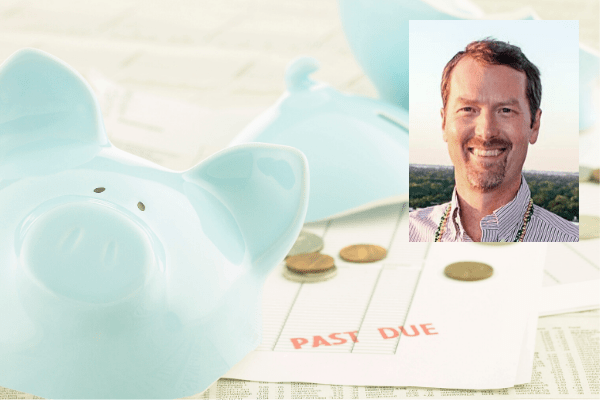Subscribe: Apple Podcasts | Spotify | Amazon Music | iHeartRadio | RSS | More
In Edible-Alpha® podcast #63, Tera and consultant Bartlett Durand discuss the difficult financial realities facing so many food entrepreneurs right now, as the entire nation grapples with the COVID-19 crisis. Bartlett knows practiced law at a bankruptcy firm and shares how companies can protect their interests when dealt a major blow—such as a hypothetical global pandemic grinding sales to a halt.
First thing’s first: All businesses should draw up a 13-week rolling cash flow forecast to see how much money will be coming in and from where, what bills need paying, expected sales for the next quarter, and so on. This will show how much cash is actually on hand, which will help companies gauge the health of their business currently, as well as their probability of pushing through the pandemic and its economic aftermath.
Whenever a cashflow forecast reveals scary numbers, entrepreneurs may feel powerless, doomed and desperate. But as Bartlett pointed out, in the current situation, when most every business is pinched, food companies actually have a lot of leverage with which to negotiate and advocate for themselves. They should first talk to their creditors, their landlords—even their landlord’s creditors—to try to work out solutions. These entities have good reason to cooperate because doing so protects their interests as well. Companies should also brainstorm new ways to generate revenue during this time and reach out to as many customers as possible to try to make sales.
Of course, after doing a 13-week rolling cash flow forecast, some businesses will realize they’re just not going to make it. In fact, closing up shop may have been a long time coming, but when entrepreneurs are so determined and emotionally invested, they don’t always see it. Now, however, with a global pandemic that’s beyond their control, business owners have a solid out. Bartlett insisted that if it makes the most sense, it is perfectly OK to exit now.
Next, he demystified and destigmatized bankruptcy for small businesses, explaining how it all works and insisting that it’s not a moral failing—it’s simply a legal mechanism to help companies sort out their debt. For those opting to go this route, Bartlett said the first steps are to “start hoarding cash” and hire an attorney. Having a retainer with a lawyer enables entrepreneurs to set aside money to ensure they get proper representation, and if unused can help pay off debts later. Having an attorney also gives the company more leverage with banks. Plus, an attorney can help explain how companies prioritize who should get paid when, from landlords to lenders to vendors.
These are just the highlights of Tera and Bartlett’s conversation, so be sure to devour the entire podcast. It’s packed with easily digestible information that can help all food and farm entrepreneurs navigate these challenging financial times.
